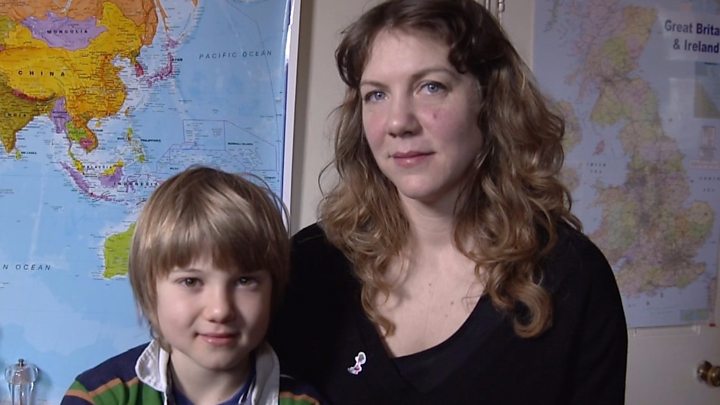Why You Need a Lawyer for Uncollected Child Support
Child support orders are not optional suggestions; they are legally binding court mandates designed to ensure the financial well-being of children. Yet, for many custodial parents, the reality of uncollected child support—known as arrears—turns a court order into a constant source of stress, instability, and financial hardship. When payments stop, the affected parent often faces a daunting choice: rely on overwhelmed government enforcement agencies or attempt to navigate the complex legal system alone.
In the crucial fight to recover owed funds, hiring a lawyer specializing in child support enforcement is not a luxury, but often a necessity. A dedicated legal professional transforms the situation from a frustrating administrative headache into a strategic, legally forceful collection process.

The Challenge: Why Government Agencies Aren’t Always Enough
Most jurisdictions have government-run agencies dedicated to child support enforcement. While these services are valuable, they often handle massive caseloads, leading to slow action, … Read more



